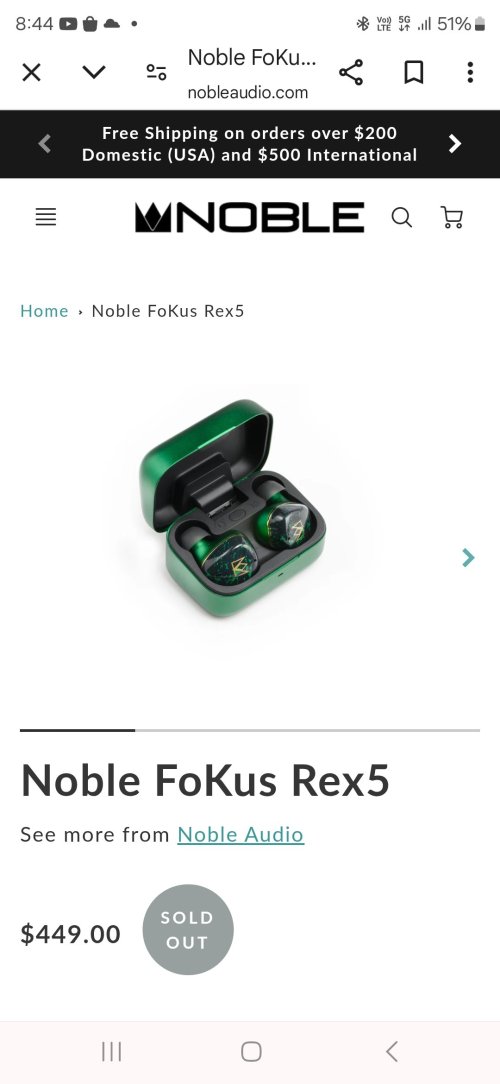"Difficult space to be in"
A) a lot of the brands that are essentially unheard of are actually the manufacturers participating in the market. They are typically low cost products & have a poor performance record. (Think "Night Market" table sales)
B) another difficulty, the fact new chipsets are released every 6 months or so, making the need to move product as fast as possible, before it becomes obsolete (think bread sales)
C) batteries have a shelf life = better sell the tws as quick as possible to insure the batteries are at their peak performance
To mitigate point B & C, a company has to sell as fast as possible, which usually means operating at low margins. I often say TWS is a game of inches, not miles.
"Entrance must be low" - I guess that really depends what the definition of "low is." It may be low to Harman International, but very high to a small boutique audio company. Considering a common minimum order requirement is 5,000 sets, for me, the cost of entrance is daunting for a company like Noble.
"Jabra" exiting:
These comments are strictly an opinion.
Jabra is owned by GnResound, a huge hearing aid company. The hearing aid industry is not a game of inches & miles. My guess is Gn decided to use their resources in areas they have a proven success rate and in some sense a captured market. (Basically decided to use their capital in a more effective manner)
I doubt they left because they couldn't compete. While I have never owned or heard a Jabra, their build quality appeared to be top drawer & they certainly didn't lack for experience or team expertise. **I think they left just as Phonak did (Audeo)** & Starkey. (All hearing aid companies) They dipped their toes in & decided the juice wasn't worth the squeeze and would rather operate in proven markets.
That's just my guess
And again, I apologize for the long winded post































